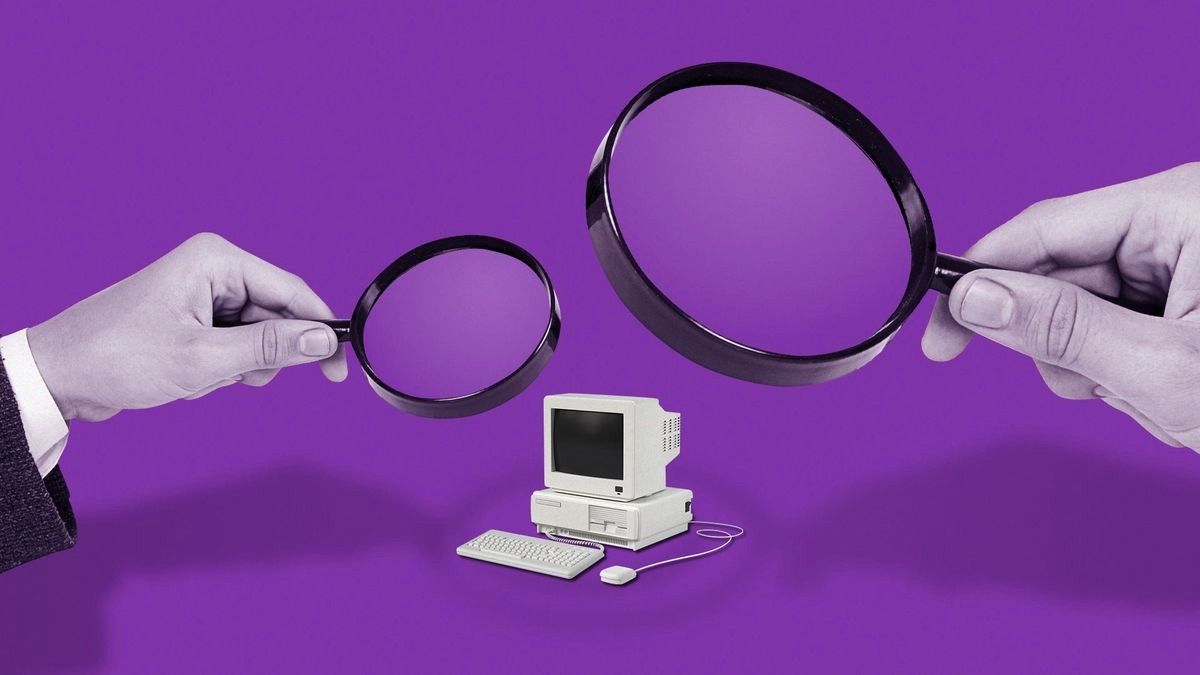Business Practices, eNews
Every Generation Brings Value to the Credit Profession

Today’s workplace has up to four different generations all working together. Take a look around your office. You’ll most likely see a mix of Baby Boomers (1946-1964), Gen X’ers (1965-1980), Millennials (1981-1996) and Gen Z’ers (1997-2012). The dynamics among different generations often give rise to perceptions, misconceptions and even the occasional workplace stigma. But if leveraged strategically, each generation can learn from each other and add value to the credit team.
Caroline Perkins, CCE, credit manager at Mickey Thompson Performance Tires & Wheels (Stow, OH), has been at her job for 36 years. “Whether you’re towards the end of your career, in the middle or just starting out, I think it’s important to value whoever you’re working with and respect them,” Perkins said. “I’ve been through a lot of different scenarios, but we have younger people who have joined our team in the last few years who provide value also. It’s key to have an open mind and respect what the younger generation brings to the table and vice versa.”
The seasoned wisdom of baby boomers, the innovative spirit of millennials and the tech-savvy agility of Gen Z all come together to create an extraordinary credit department. Learn how each generation can work together in harmony.
1. Understand Differences, Not Stereotypes
Embracing the differences of generations is crucial for a team to be successful. But it is equally important to acknowledge that not all stigmas associated with generational groups are accurate or fair. Stereotypes and labels can be limiting, and individuals often find them reductive and unrepresentative of their multifaceted abilities. Generalizations and inaccurate assumptions about age and experience have a negative effect in the workplace. For example, not every Millennial or Gen Z’er prefers to email over a phone call, and some Baby Boomers like to text.
Different generations provide different perspectives in the workplace. Older credit professionals can teach younger workers about how to handle setbacks or mistakes because they have lived through it already themselves. Brittany Yvon, CBA, CICP, credit manager at OMG, Inc. (Agawam, MA) refers to herself as a Millennial. “I manage two Baby Boomers, so there’s definitely a big age gap,” she said. “They have a lot more experience in the workplace than I do, so we’re always bouncing ideas off of each other in a collaborative way. I offer one viewpoint and then they’ll both say something from their perspective and that comes from a place of years of more experience and wisdom.”
Growing up in the era of technology has not only allowed younger generations to teach older generations how to become more tech-savvy, but also challenges traditional workplace values and culture. Working from home with Zoom meetings and digitalized credit applications are a couple of examples of the value of technology widely accepted by younger generations.
2. Master Different Communication Styles
Everyone’s communication style is different. Some employees prefer to share urgent topics in written forms through email or Teams chat, while others like face-to-face meetings or phone calls. Whichever communication style you prefer, you have to give and take. You must take the time to understand how each team member likes to communicate.
“As a remote worker, my favorite form of communication, as someone that rarely interacts directly with customers, would probably be Teams, Zoom or similar online meetings,” said Leon Zhang, credit operations manager at SRS Distribution Inc. (McKinney, TX) “In fact, phone calls are my least favorite type of communication. Perhaps a part of that is what I grew up with, interacting with friends through social media and apps.”
Just starting in his career, Zhang said he is always ready to learn something new. As a part of Gen Z, whose job focuses on innovation, he understands there is a great deal of work ethics and methods honed through years of experience before him. “These experiences and insights are the core and backbone of innovation,” Zhang added. “Likewise, the hope is as the younger generation, we are able to provide a fresh perspective and help meld those years of knowledge with the ever-evolving technology available.”
3. Know What Motivates Each Other
Each generation also values different aspects of work. Baby Boomers are traditionally known for valuing job security whereas the younger generation places value on having a work-life balance. “I think it’s good to have a fresh perspective for those of us in the older generation who were taught you come into work, put your head down and it doesn’t matter how hard it is to balance what you have going on outside of work,” said Erin Stammer, vice president of credit at PNW Railcars (Portland, OR). “Gen Z has also certainly leveraged the changes that came about in the pandemic. As an older generation, I think we’re pushing back for some sort of consistency and a lot of that is viewed as being fair across the board. With the younger generation being more about inclusivity and diversity, they are able to understand that.”
Some professionals say younger generations are typically motivated by money and opportunity growth in their career. “In my opinion, monetary compensation and benefits will always be king for the younger generation; however, we are still a lot more interested in fulfillment, work-life balance, culture and development opportunities,” said Zhang. “Especially with the availability of remote work, there has been a general shift to personal well-being.”





